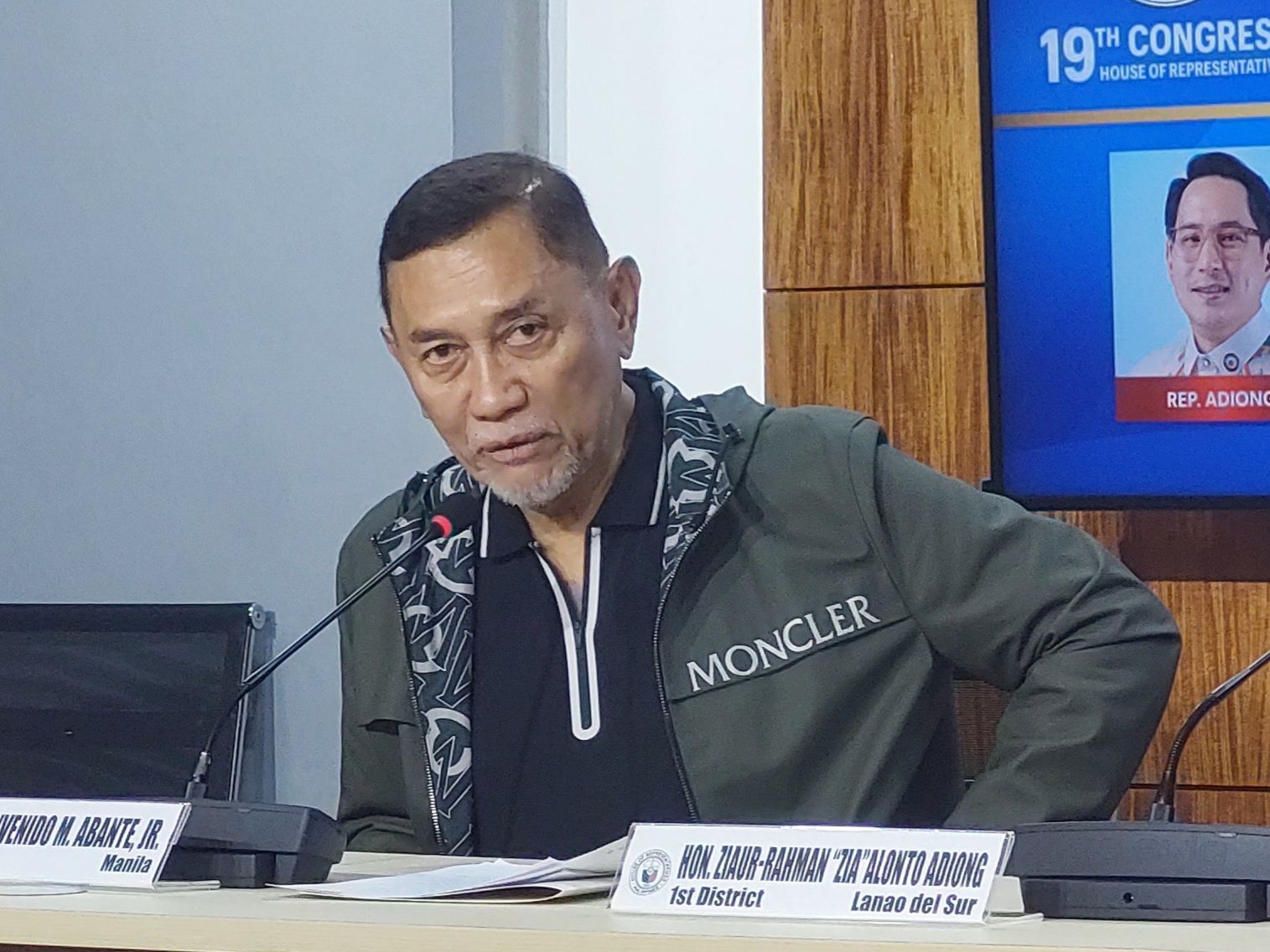Manila solon wants TikTok banned in the Philippines; here's why
At A Glance
- Manila 6th district Rep. Bienvenido "Benny" Abante Jr. has filed House Bill Number (HB) No.10489, which aims to regulate "foreign adversary controlled applications" and the app stores and Internet hosting services through which users access them.
- Abante cited TikTok as one such apublication.
 Manila 6th district Rep. Bienvenido Abante Jr. (Ellson Quismorio/ MANILA BULLETIN)
Manila 6th district Rep. Bienvenido Abante Jr. (Ellson Quismorio/ MANILA BULLETIN)
Did you know that the parent company of popular social media platform TikTok has links to the Chinese government?
It's for this reason that Manila 6th district Rep. Bienvenido "Benny" Abante Jr. is proposing a ban on TikTok and other applications from potential "foreign adversary country" in a bid to protect Filipinos.
This proposal is embodied in Abante's House Bill Number (HB) No.10489. It aims to regulate “foreign adversary controlled applications” and the app stores and Internet hosting services through which users access them.
"With the rising tension between China and the Philippines, the government must take positive preemptive action to ensure that we protect our citizens from manipulation and misinformation campaigns using social media––from any foreign adversary country," Abante said in statement Thursday, May 23.
The veteran solon noted that TikTok has 49.9 million active users in the Philippines. It's parent company, ByteDance, "reveals a connection to the Chinese Communist Party (CCP) and the Chinese government that cannot be overlooked", he said.
The Manila legislator pointed out that Tiktok collects personal data from its unsuspecting users and subscribers, which is alarming as "Tiktok can easily transmit these data to the Chinse government."
Several countries have already enacted legislation to regulate and even ban Tiktok in their territories, including India, which imposed a nationwide ban on TikTok and dozens of other Chinese apps like messaging app WeChat in 2020 over privacy and security concerns.
Countries that have followed suit are Australia, Belgium, Canada, Denmark, the European Union, France, Indonesia, the Netherlands, New Zealand, Nepal, Norway, Pakistan, Taiwan, the United Kingdom and the United States.
Under Abante's proposed Foreign Adversary Controlled Applications Regulation Act, app stores and Internet hosting services will be prohibited from enabling the distribution, maintenance, or updating of a foreign adversary controlled application.
Section 2 of the measure defines a fogreign adversary controlled application as a website, desktop application, mobile application, or augmented or immersive technology application that is operated, directly or indirectly (including through a parent company, subsidiary, or affiliate), by a covered company that is (1) is controlled by a foreign adversary, and (2) that is determined by the President to present a significant threat to the national security of the Philippines.
The bill empowers the President to identify which countries are deemed as foreign adversaries of the Philippines. A "foreign adversary country" is defined in HB 10489 as any country identified by the Chief Executive as "having interests adversarial to that of the Philippines, in terms of threats to national security and our territorial integrity".
"The primary reason why I am proposing this bill is for our country to be watchful of foreign adversary countries infiltrating our communication infrastructure and making a mockery of our cybersecurity and intelligence," Abante said.
"We need to take a preemptive action to prevent the clear and present danger of foreign adversary controlled companies operating in the Philippines with the purpose and capability of harvesting data from unsuspecting subscribers," he added.